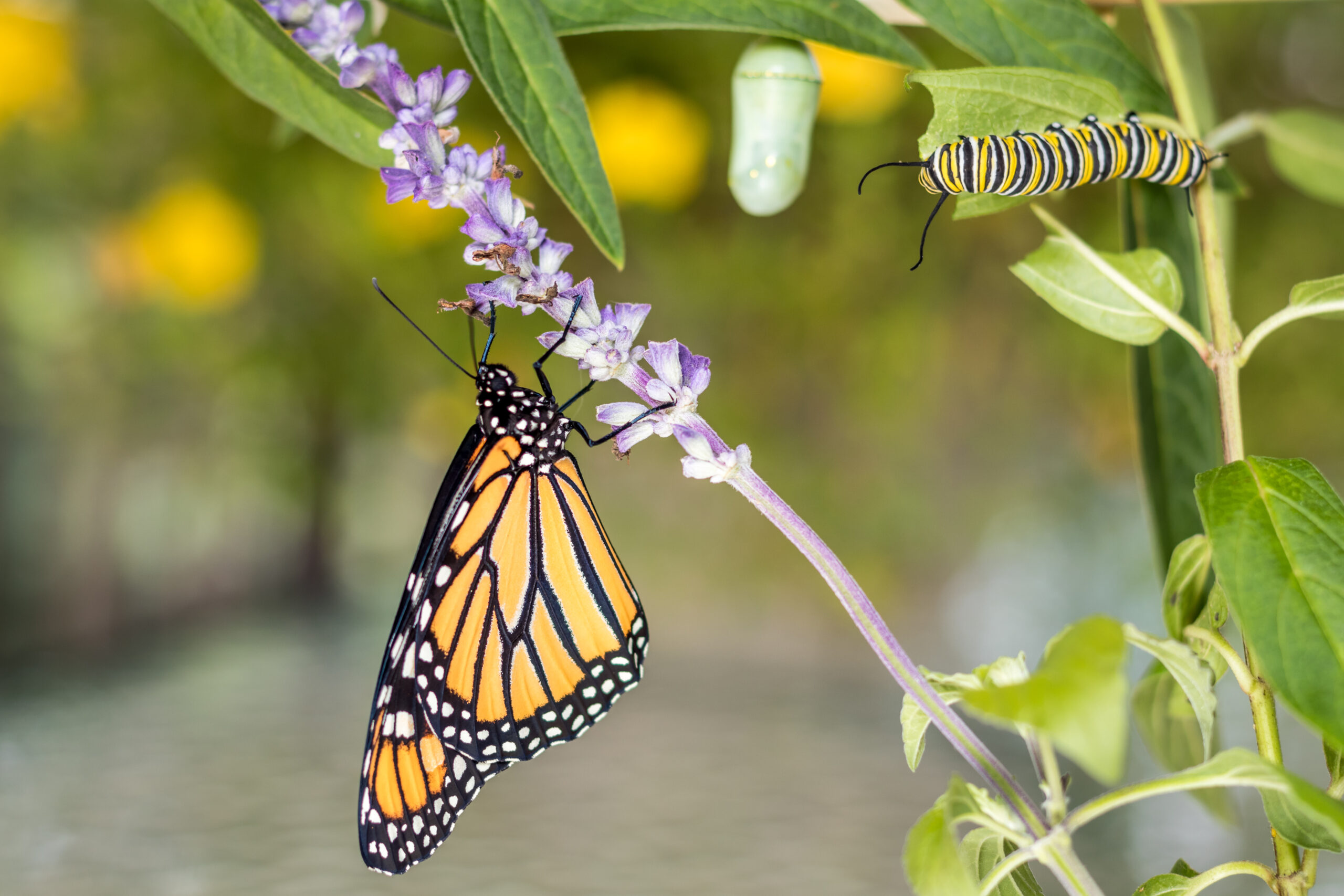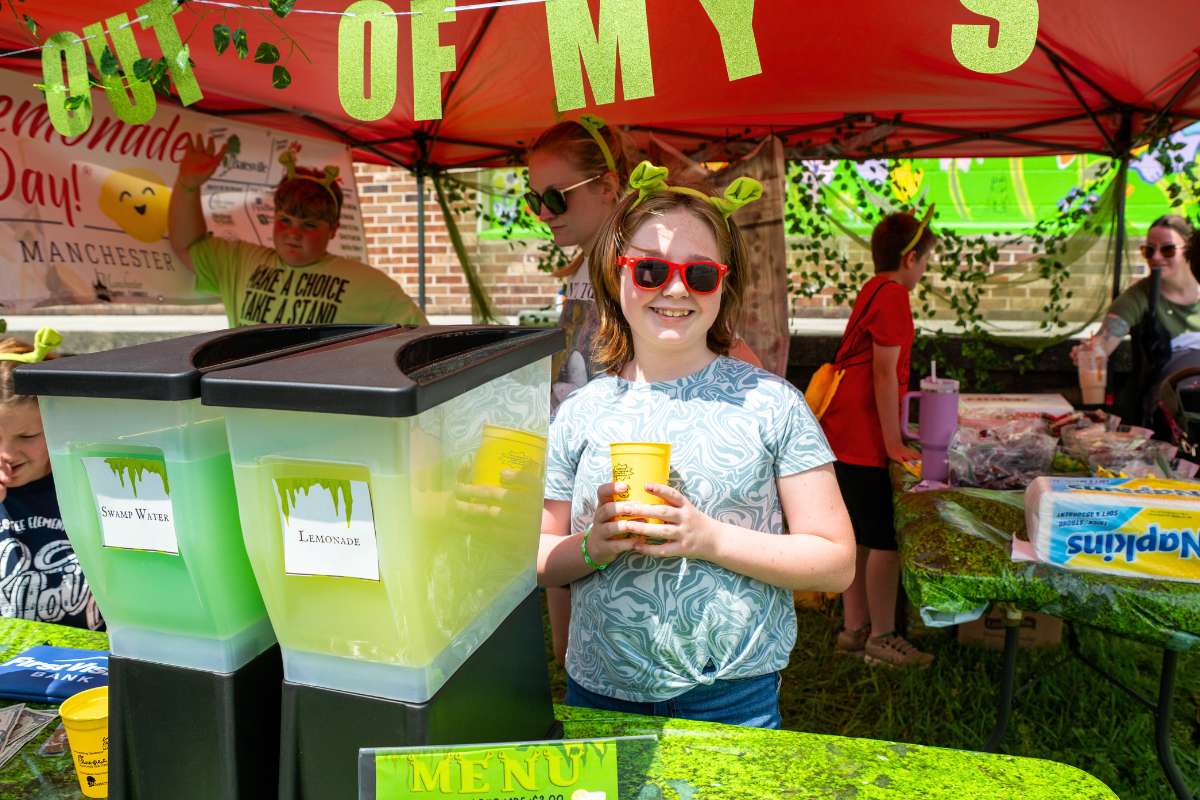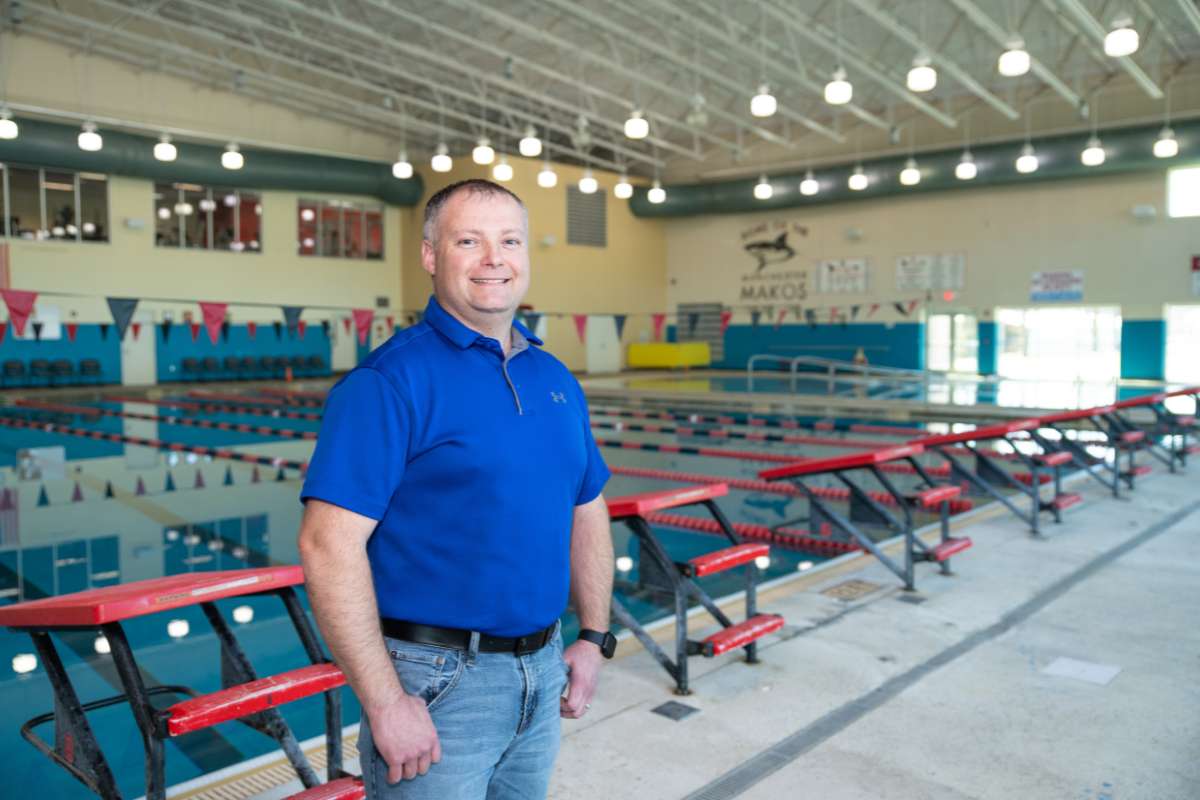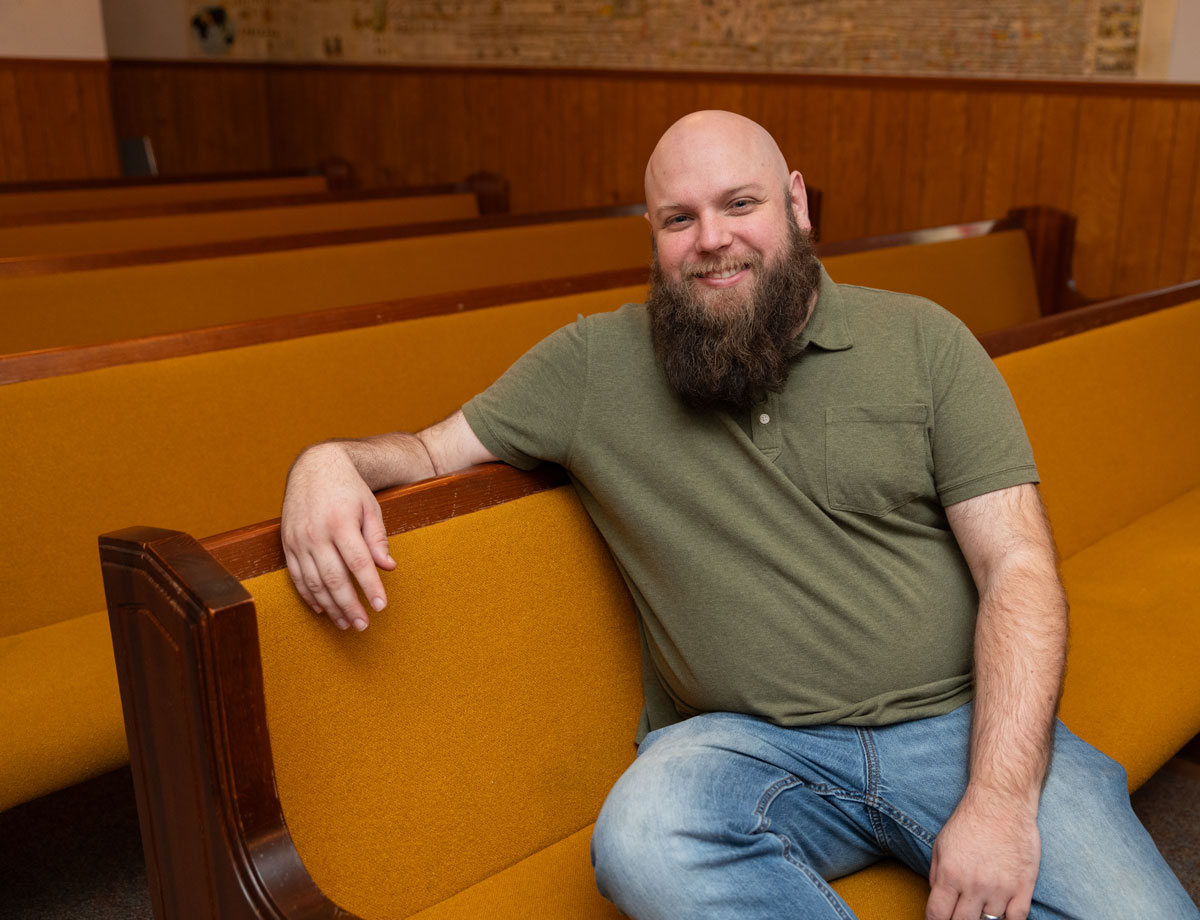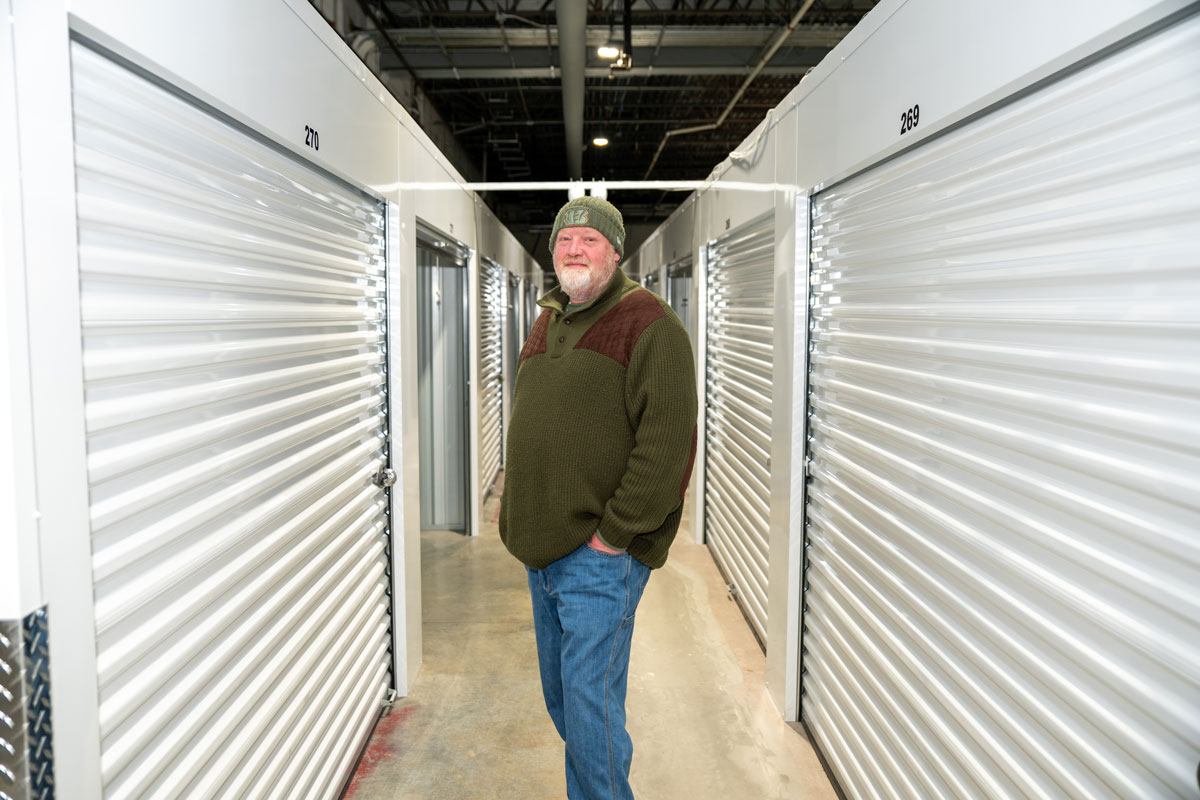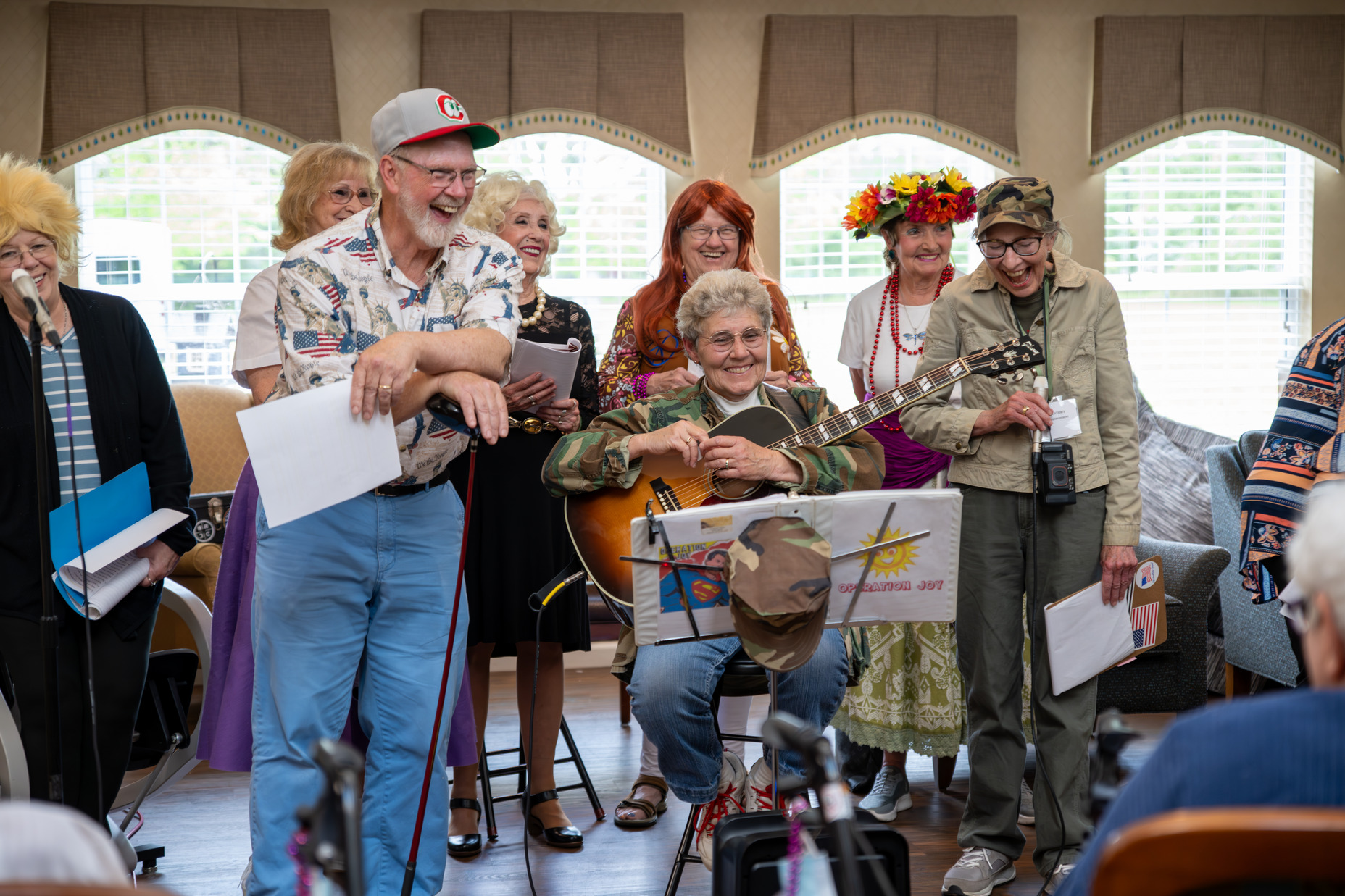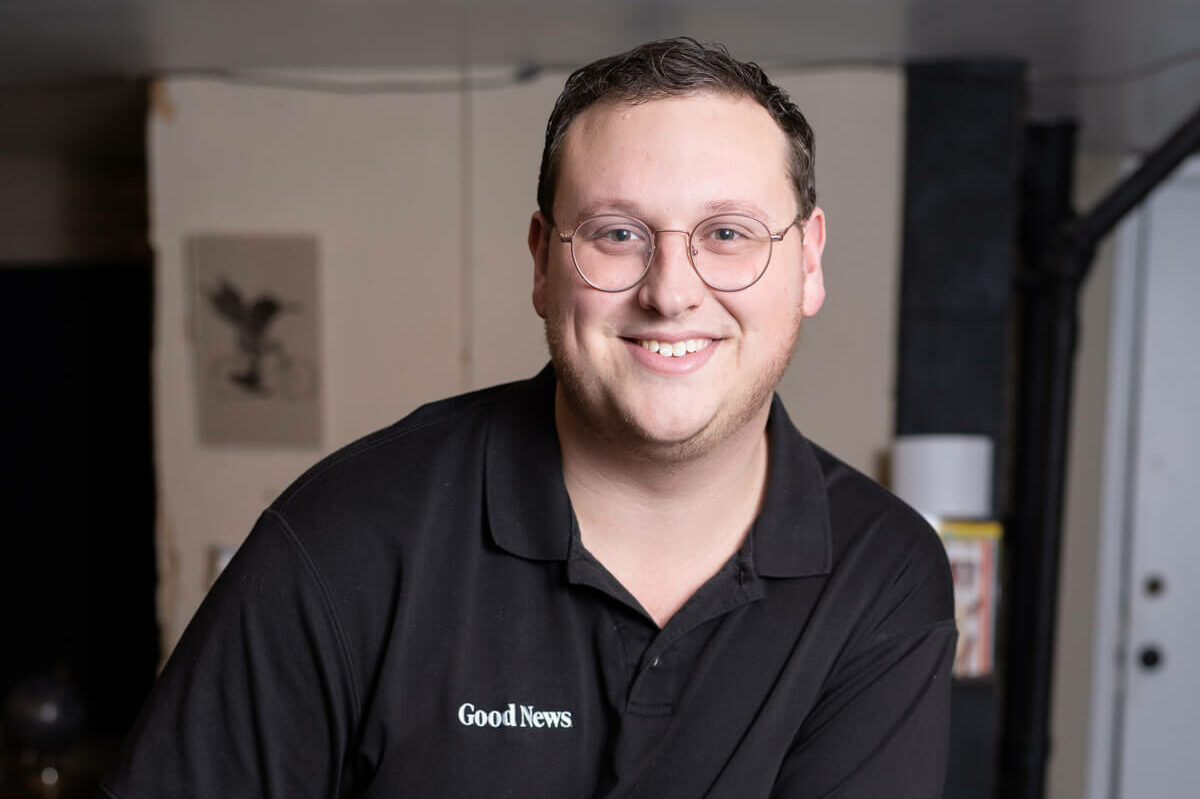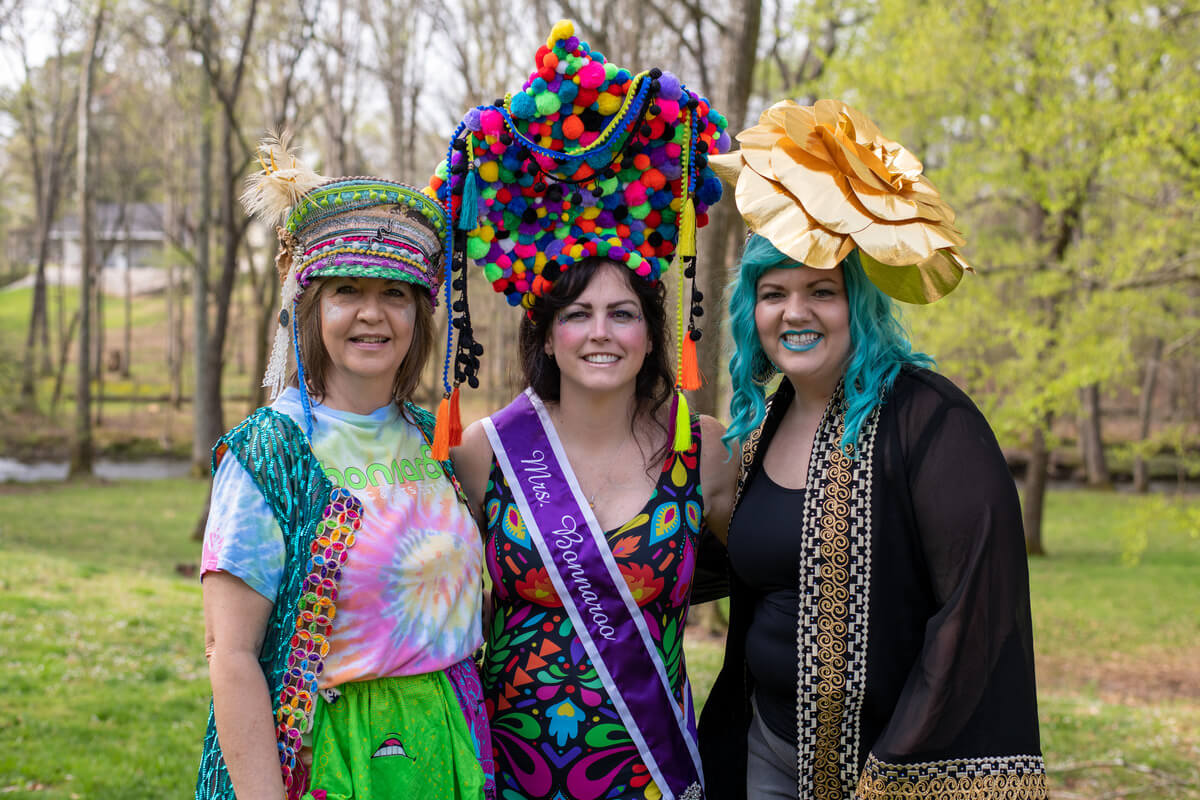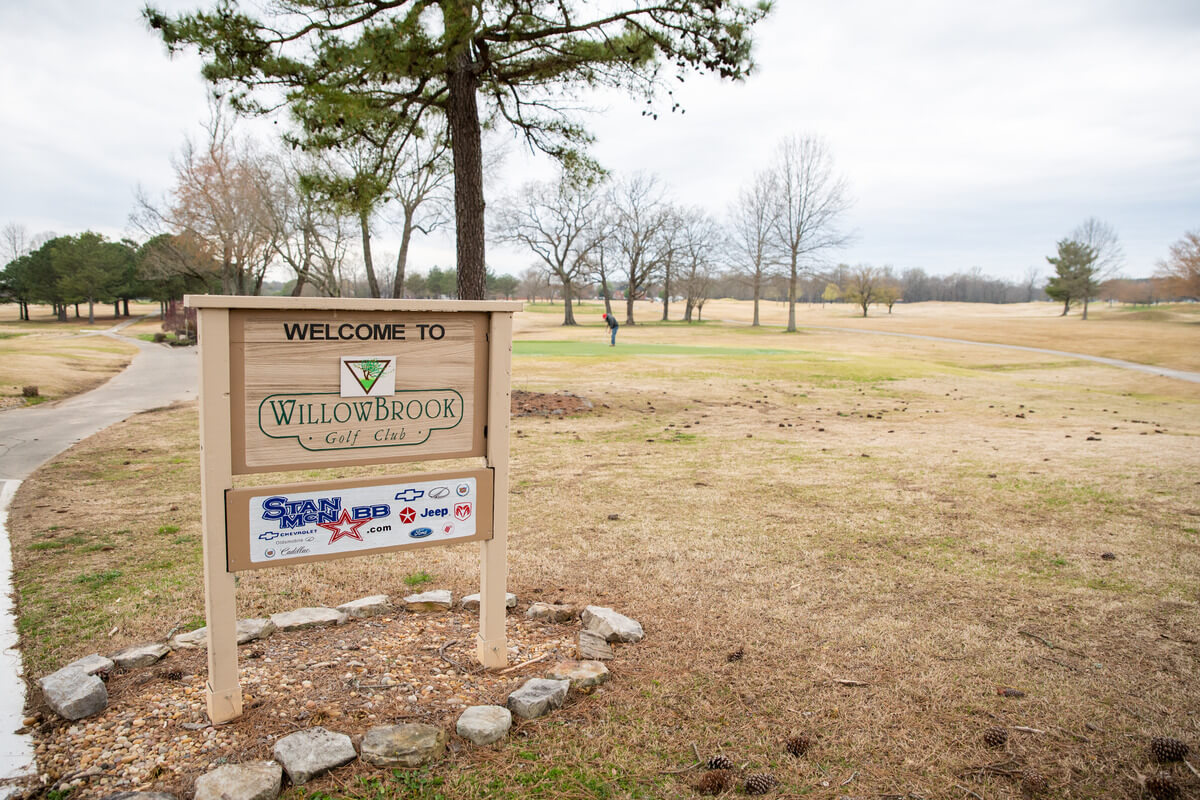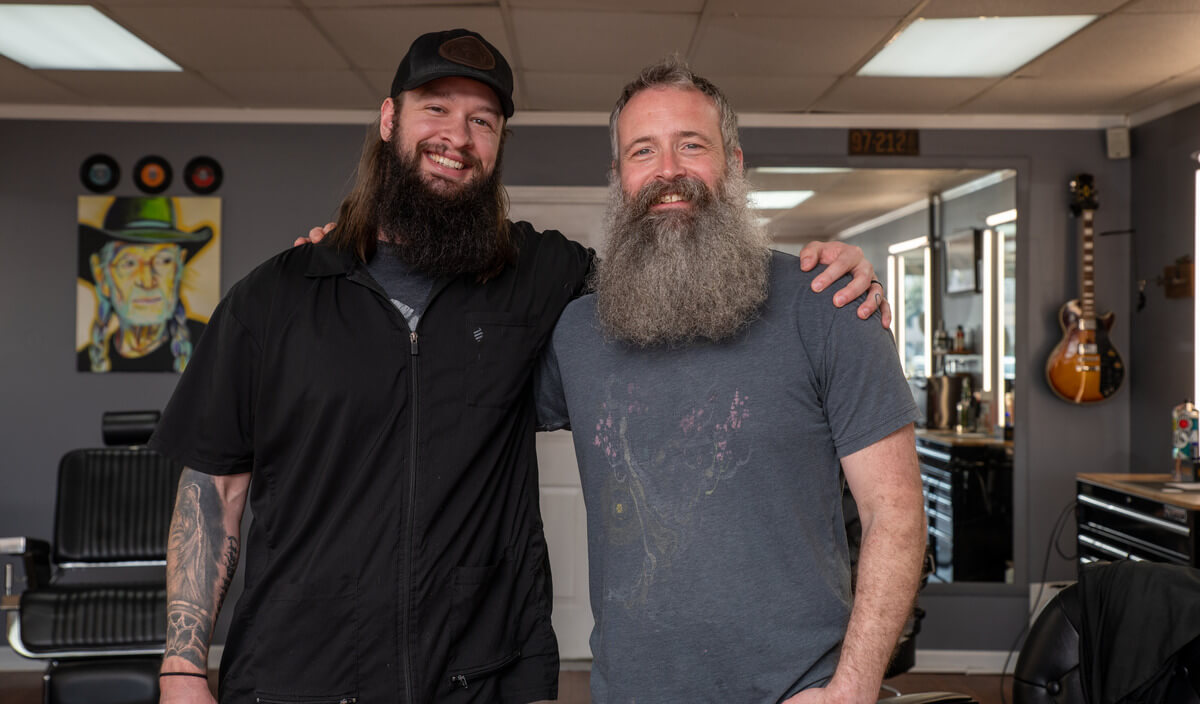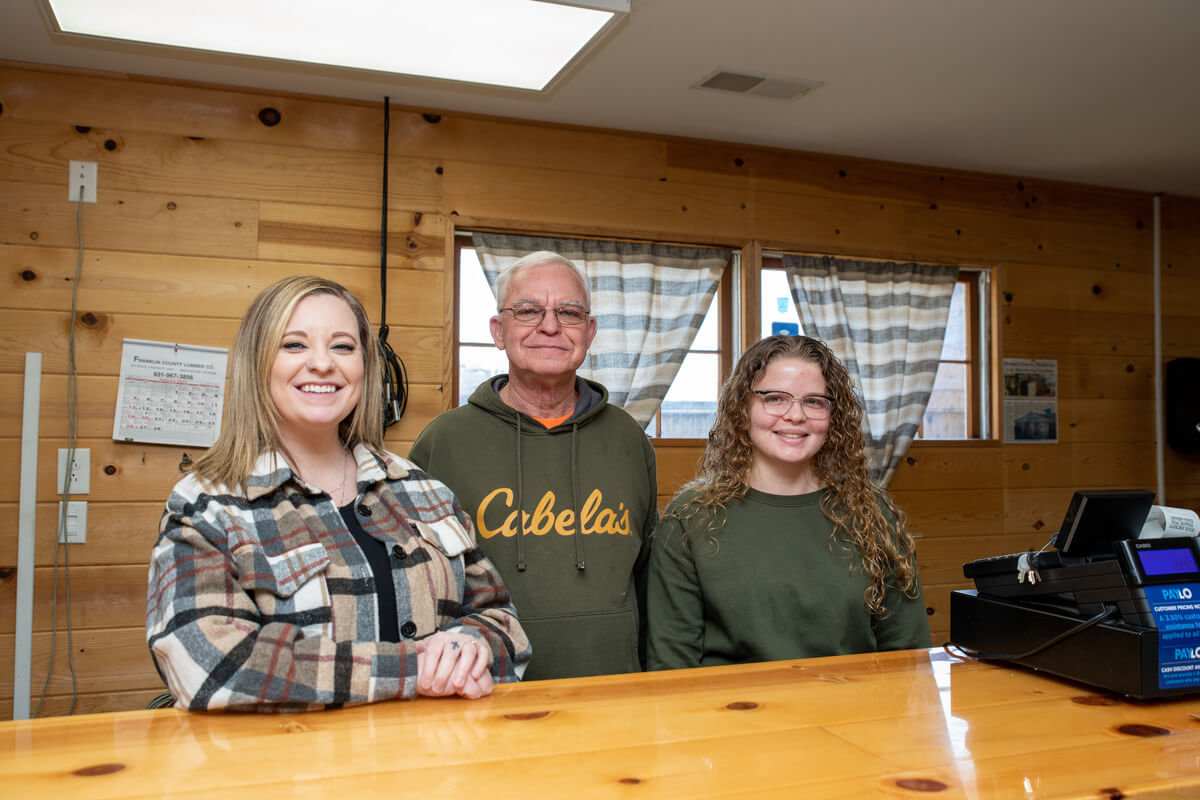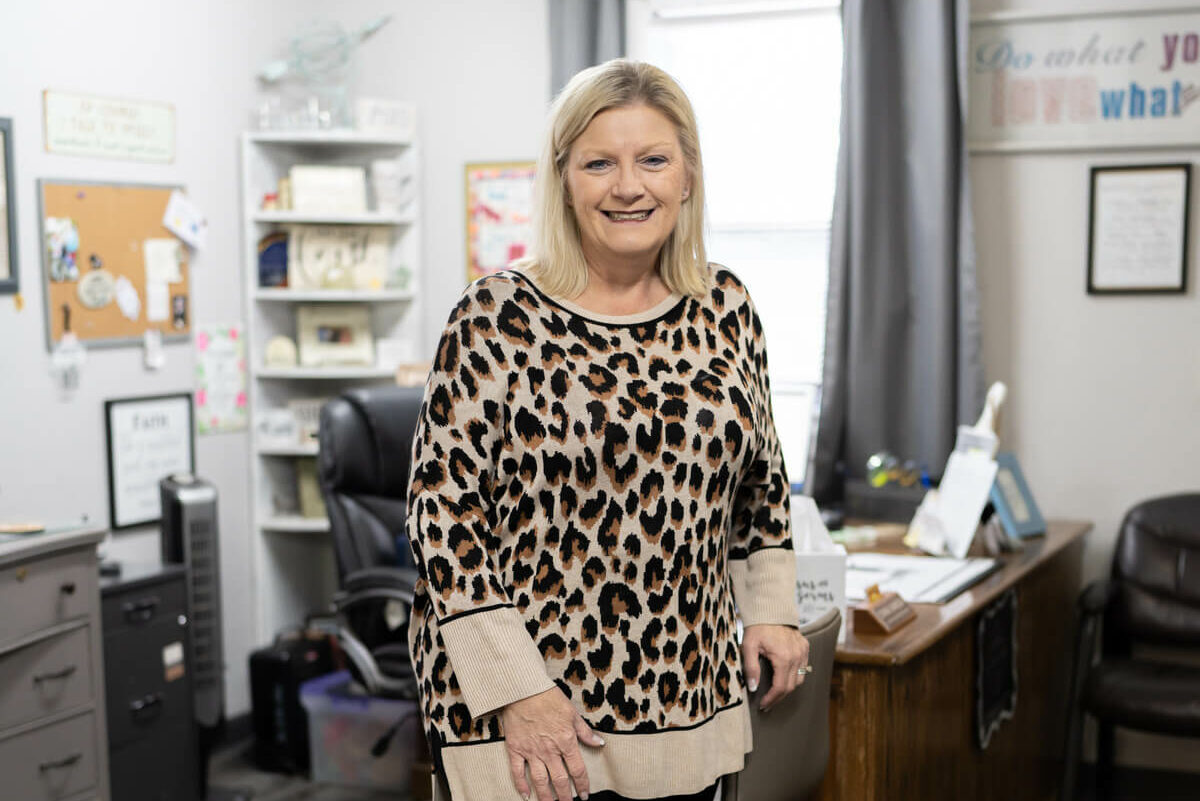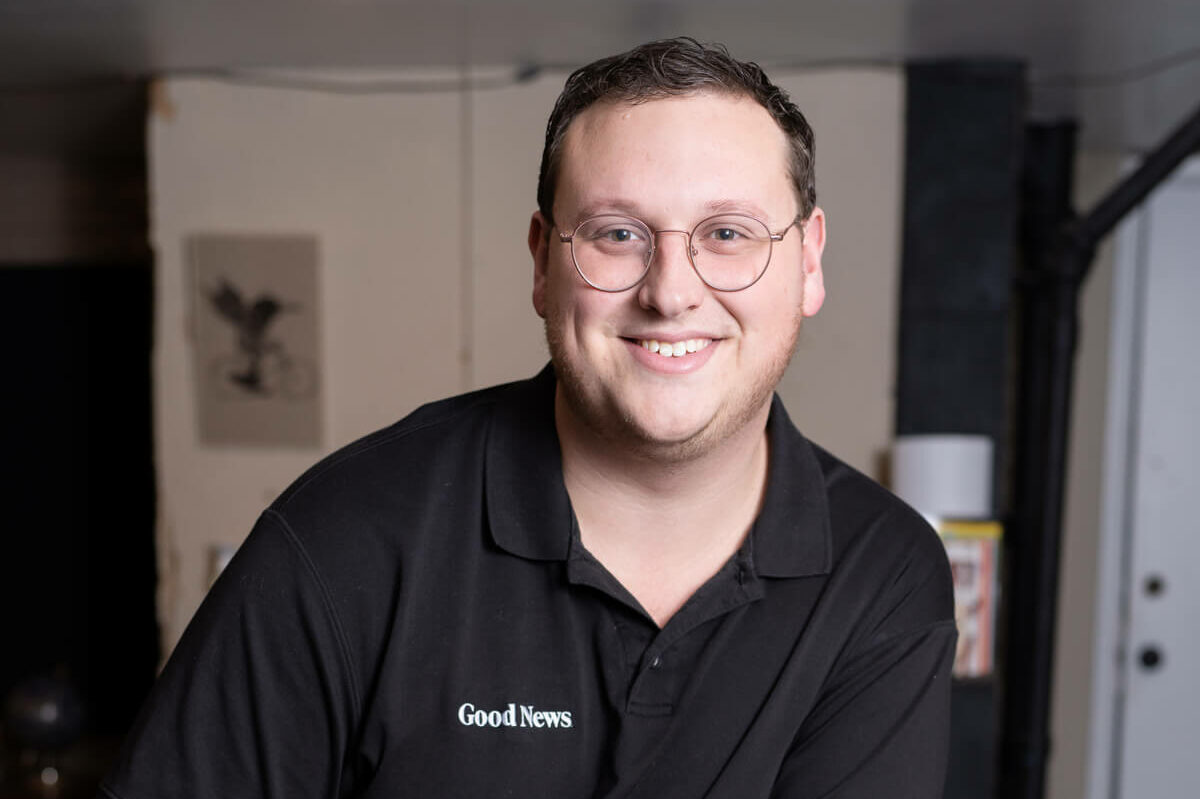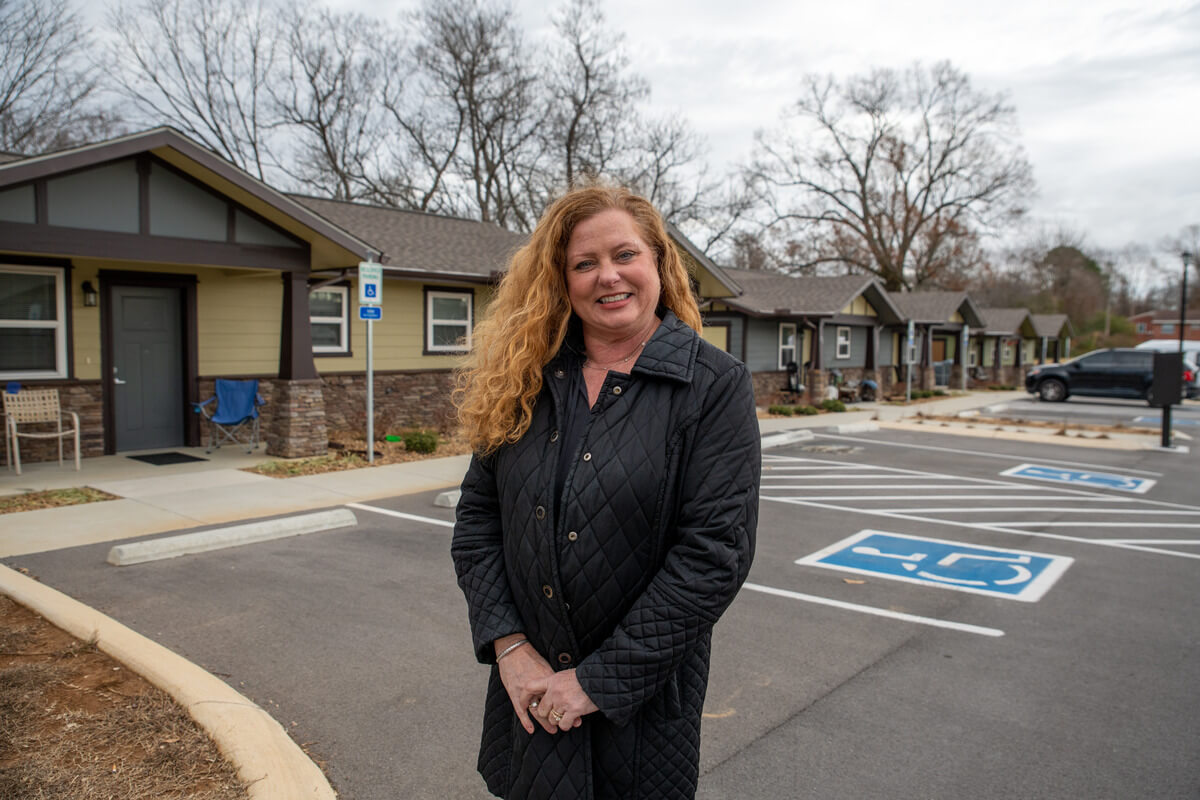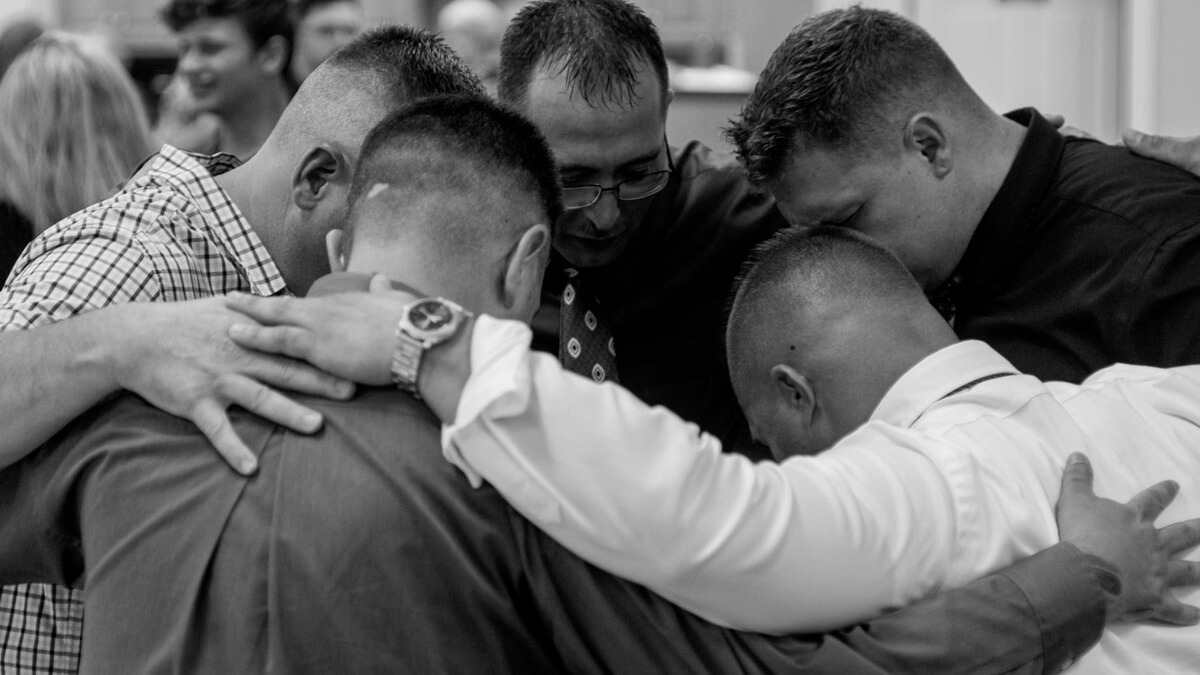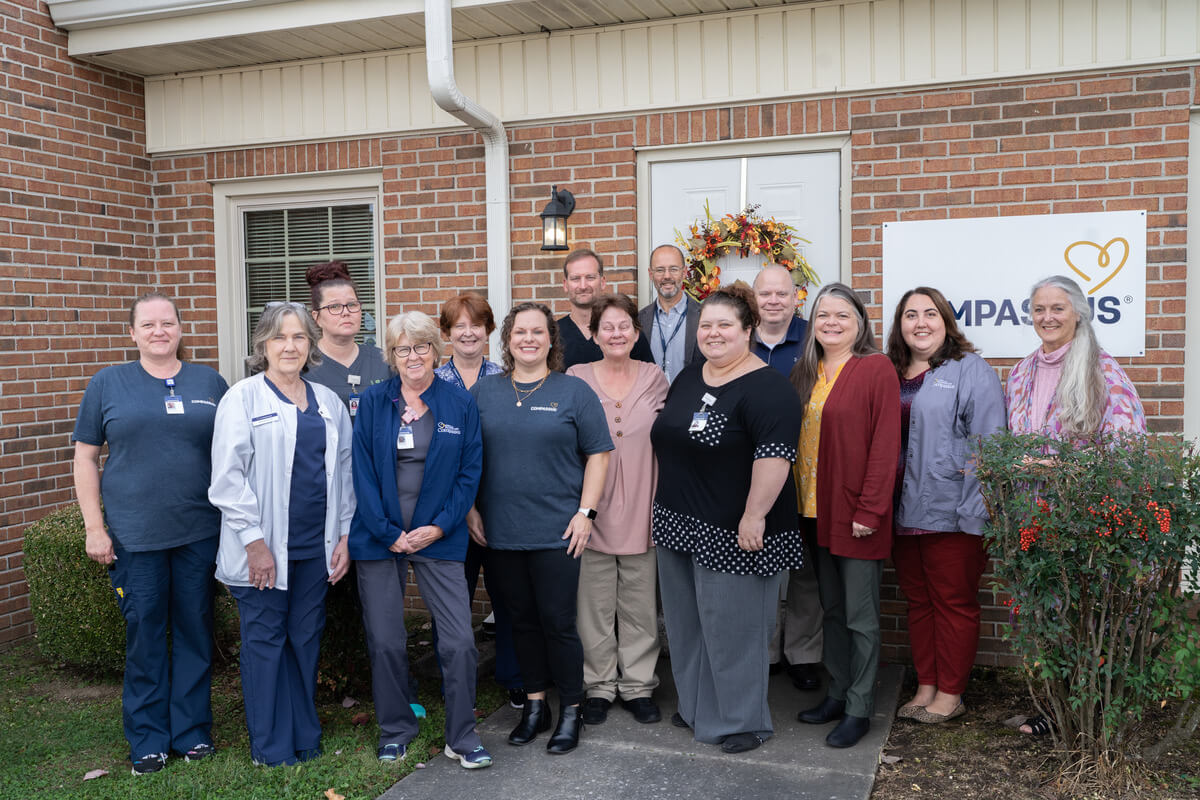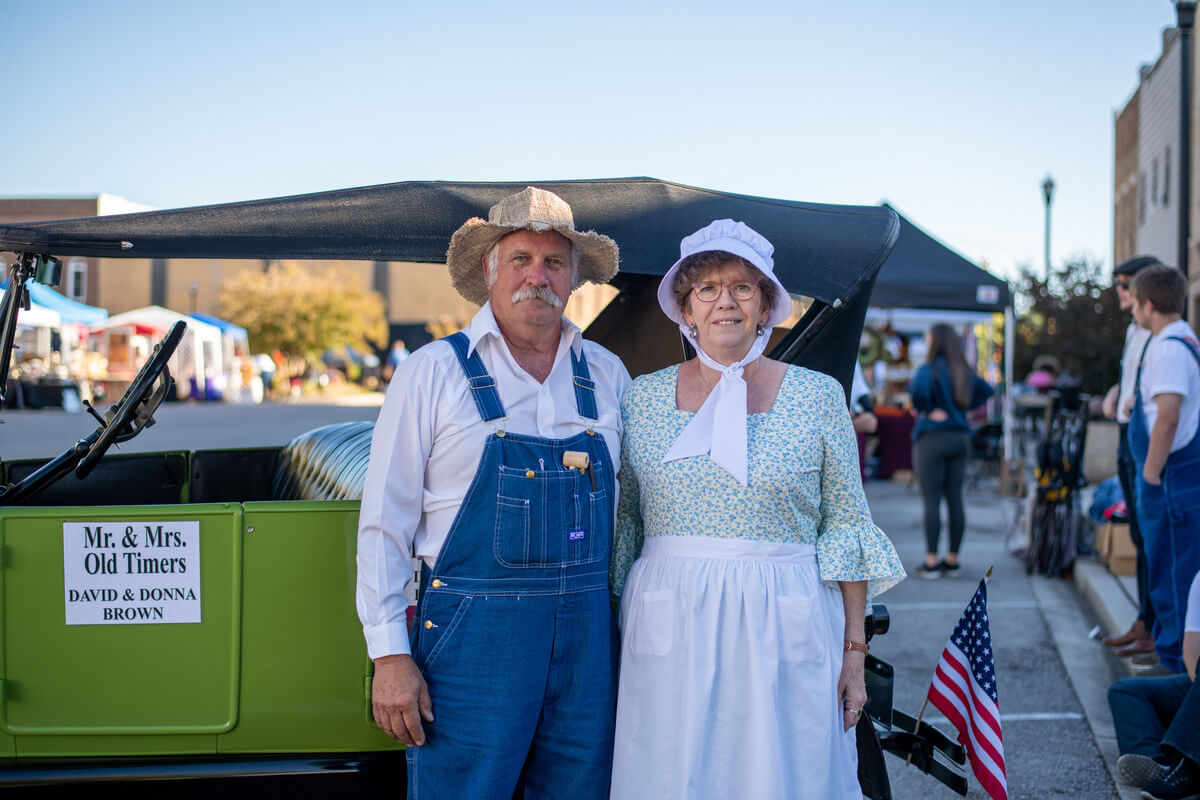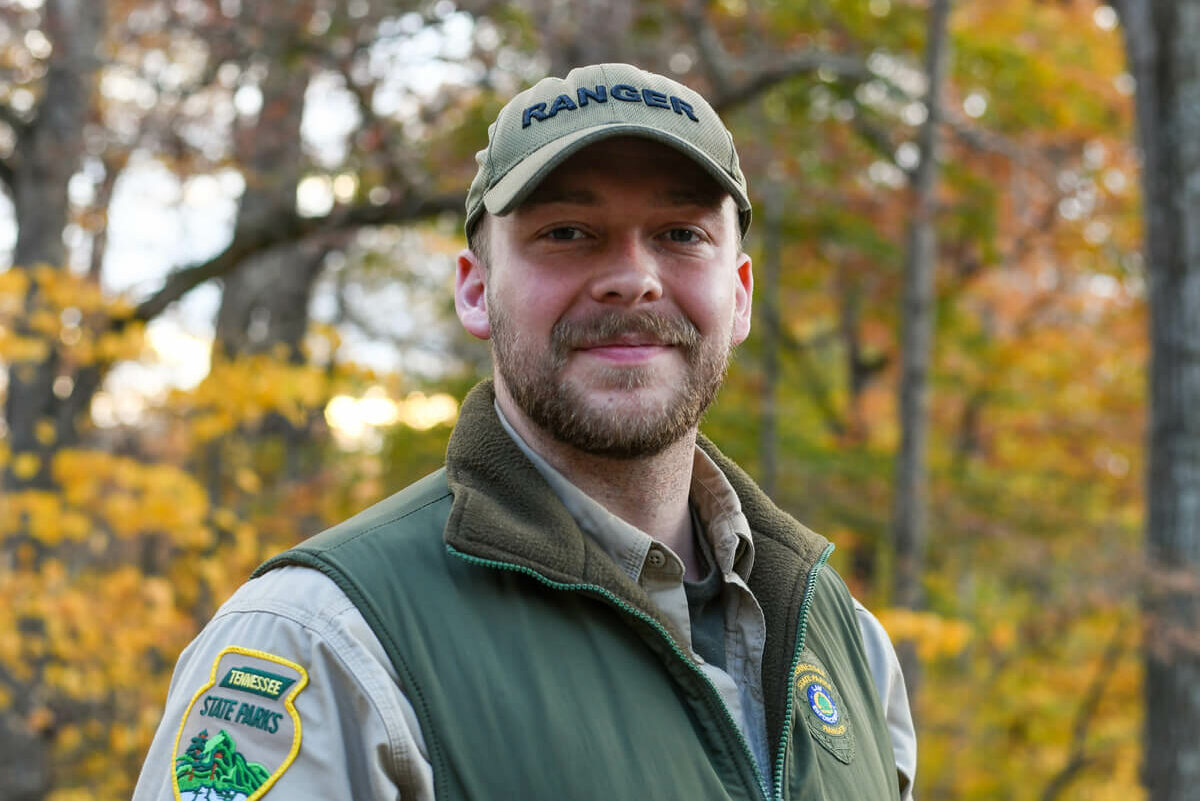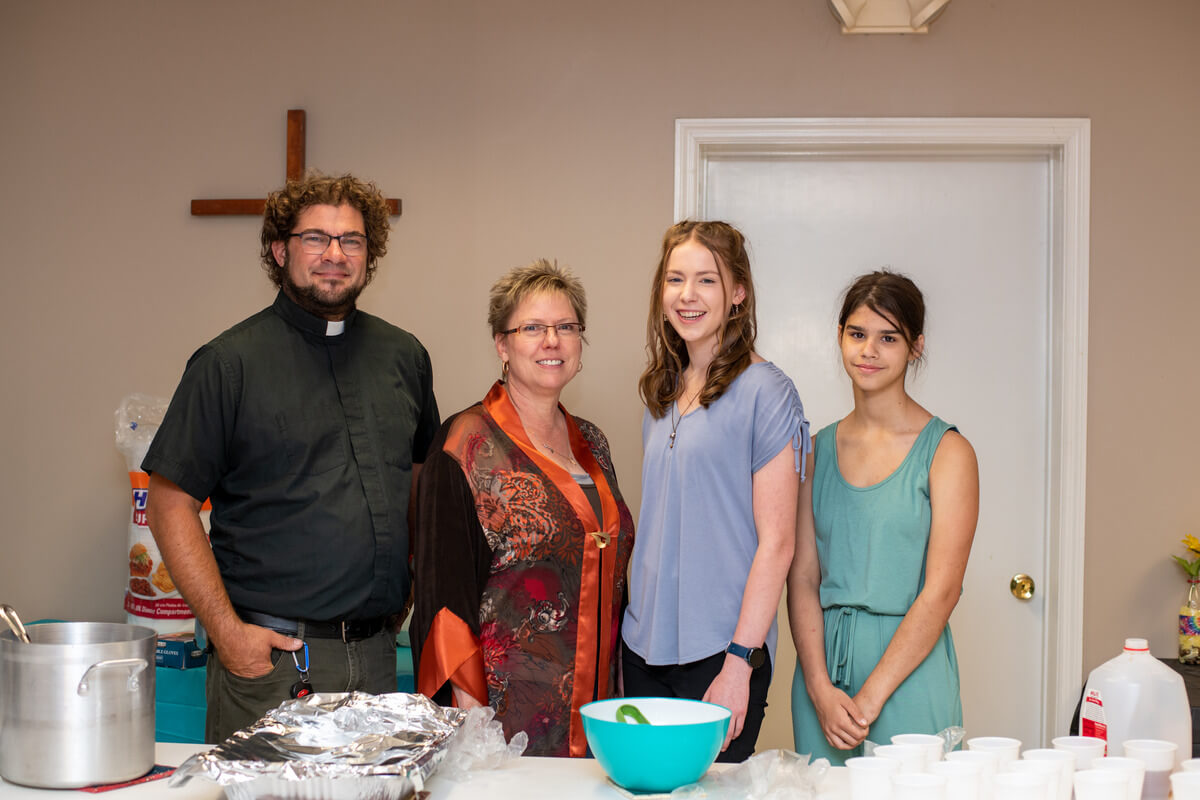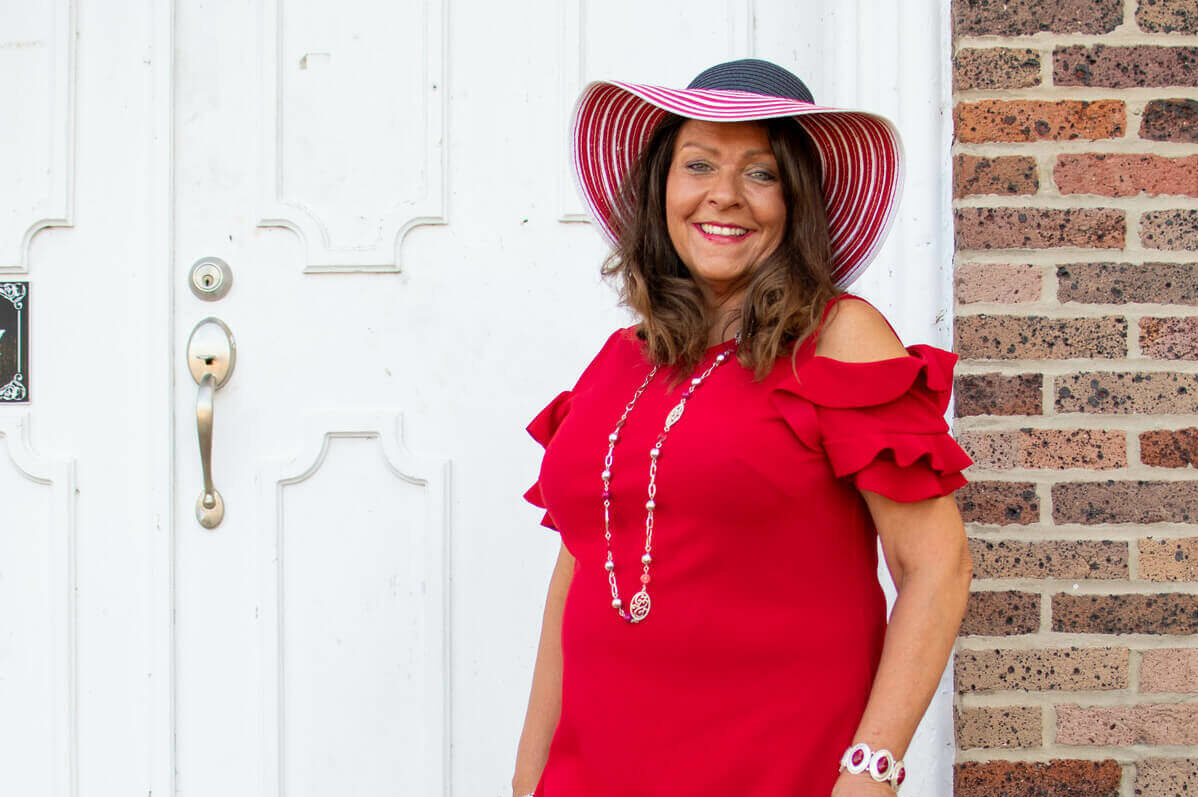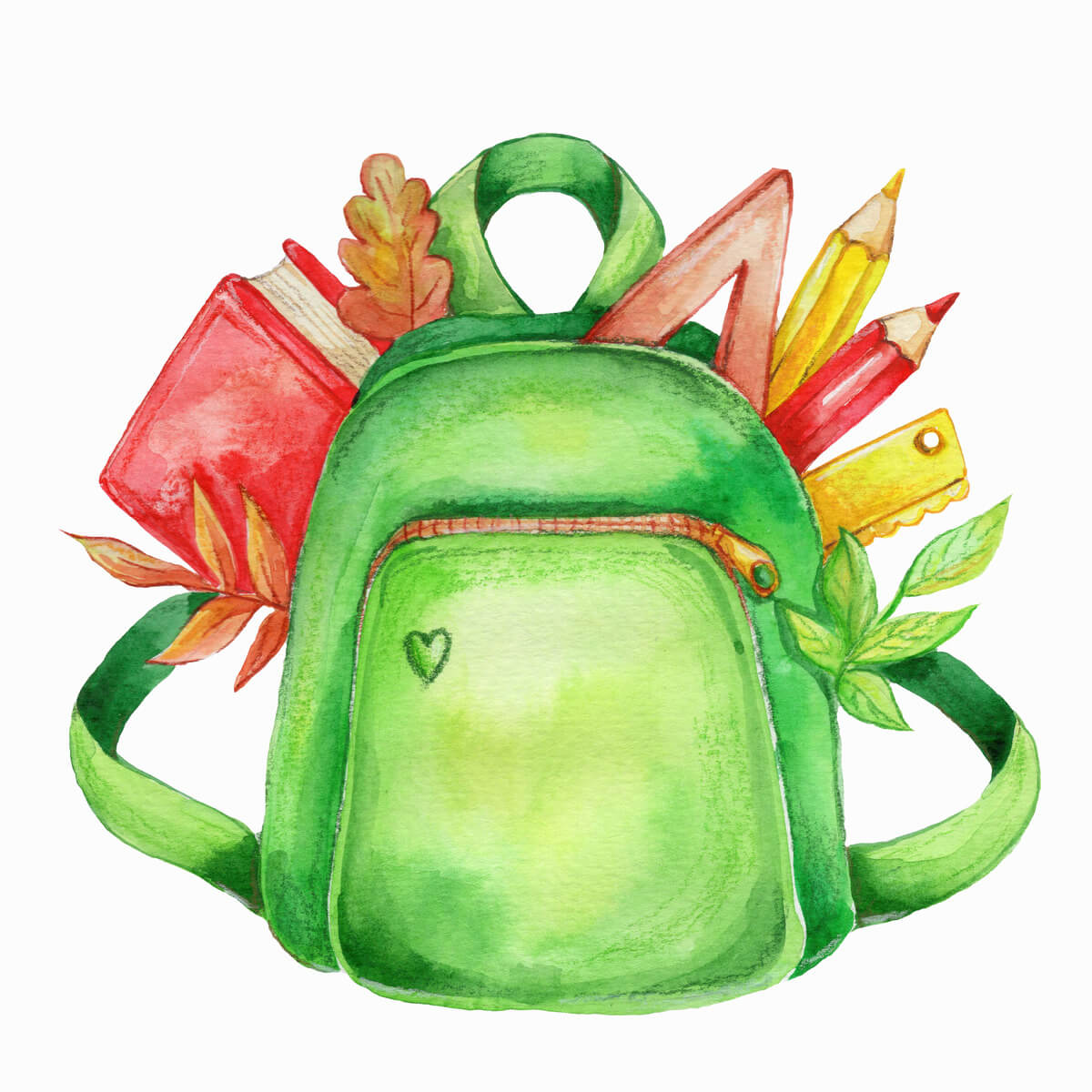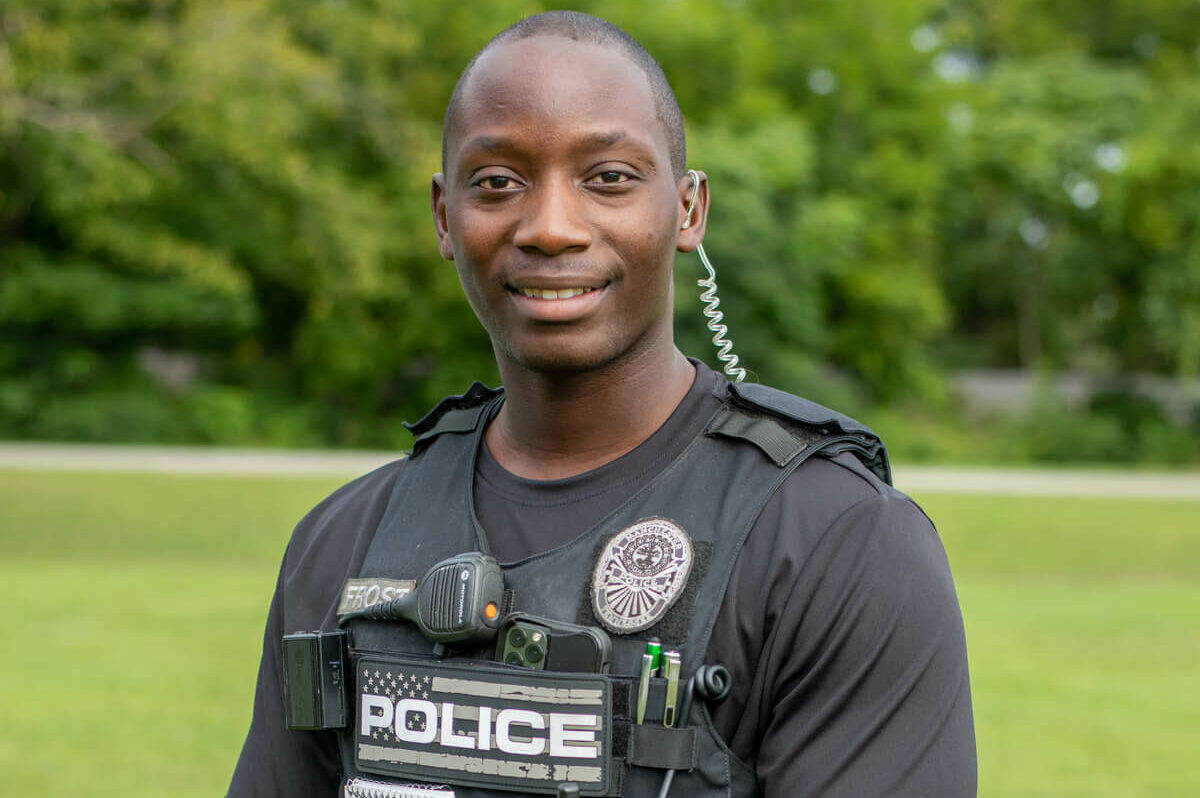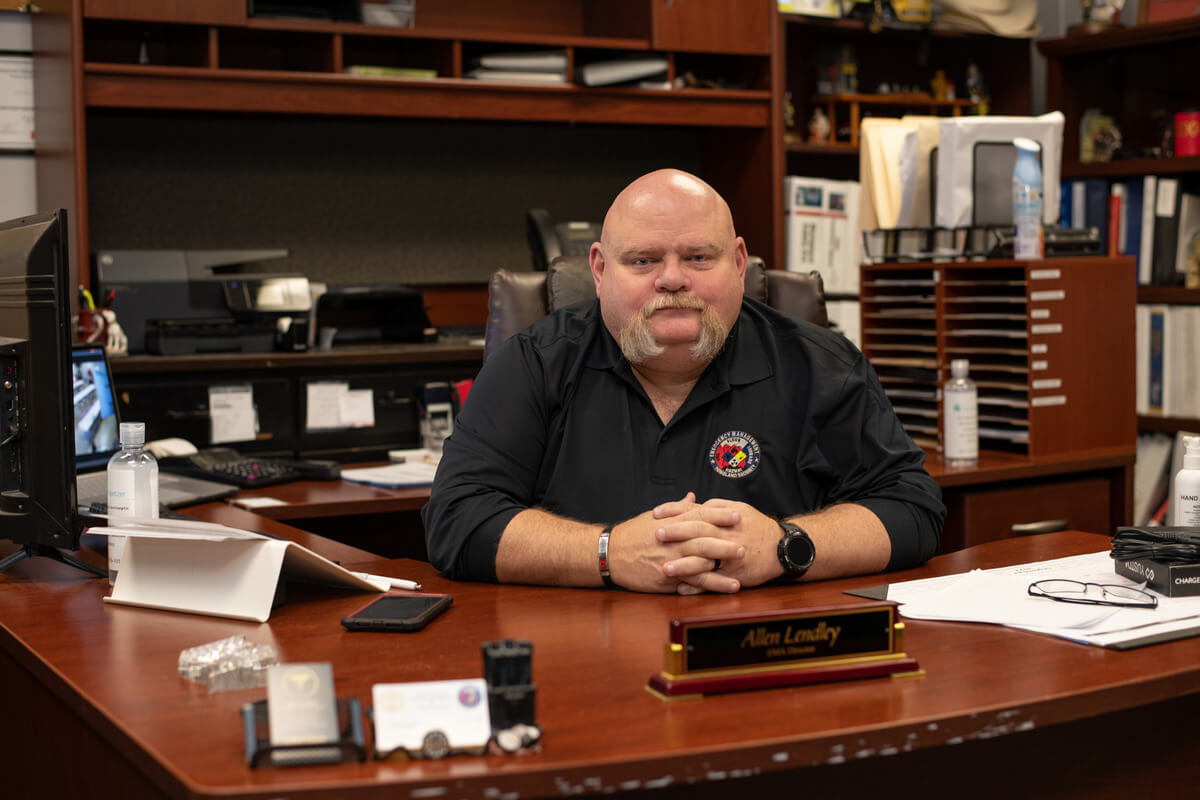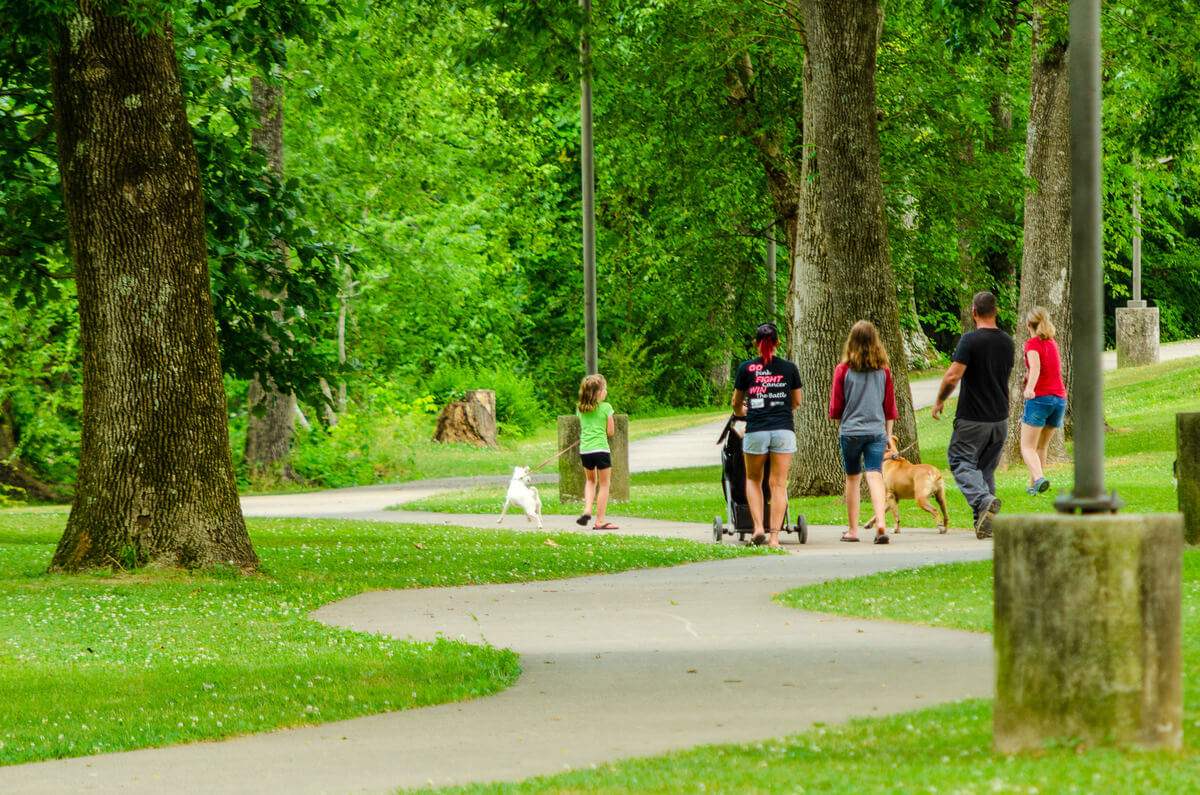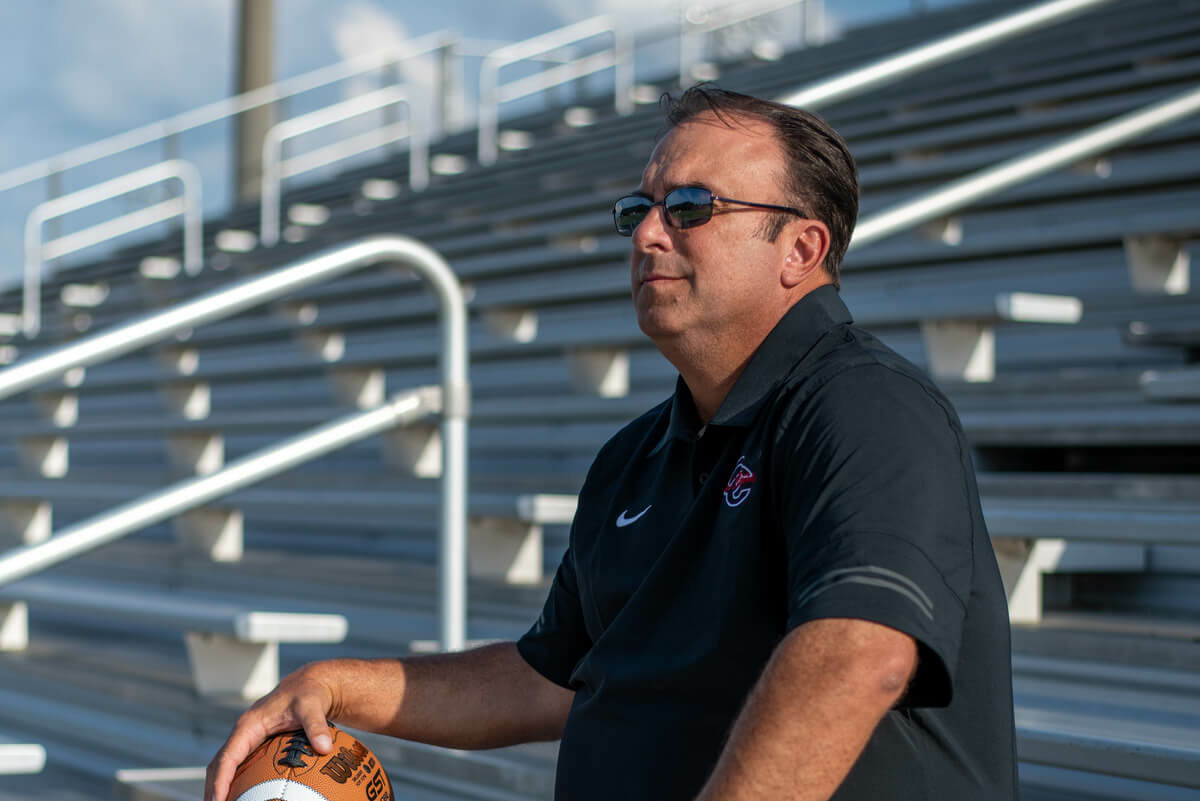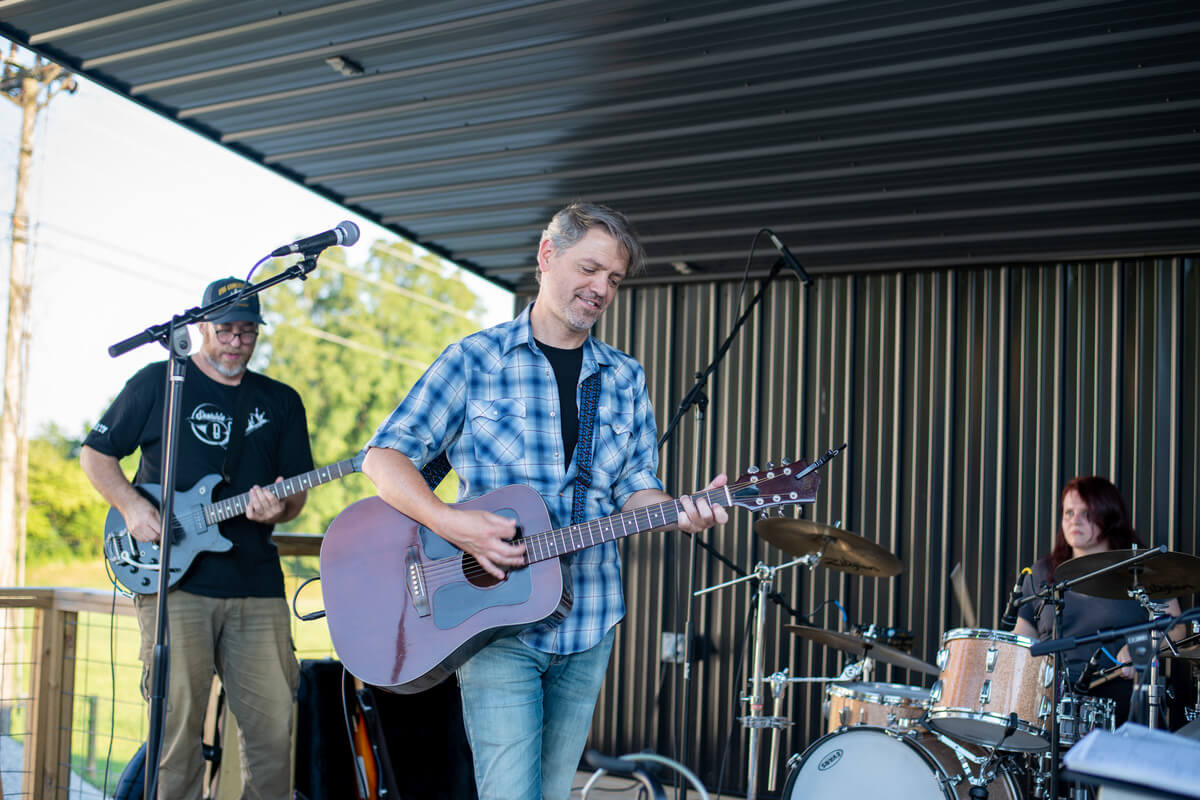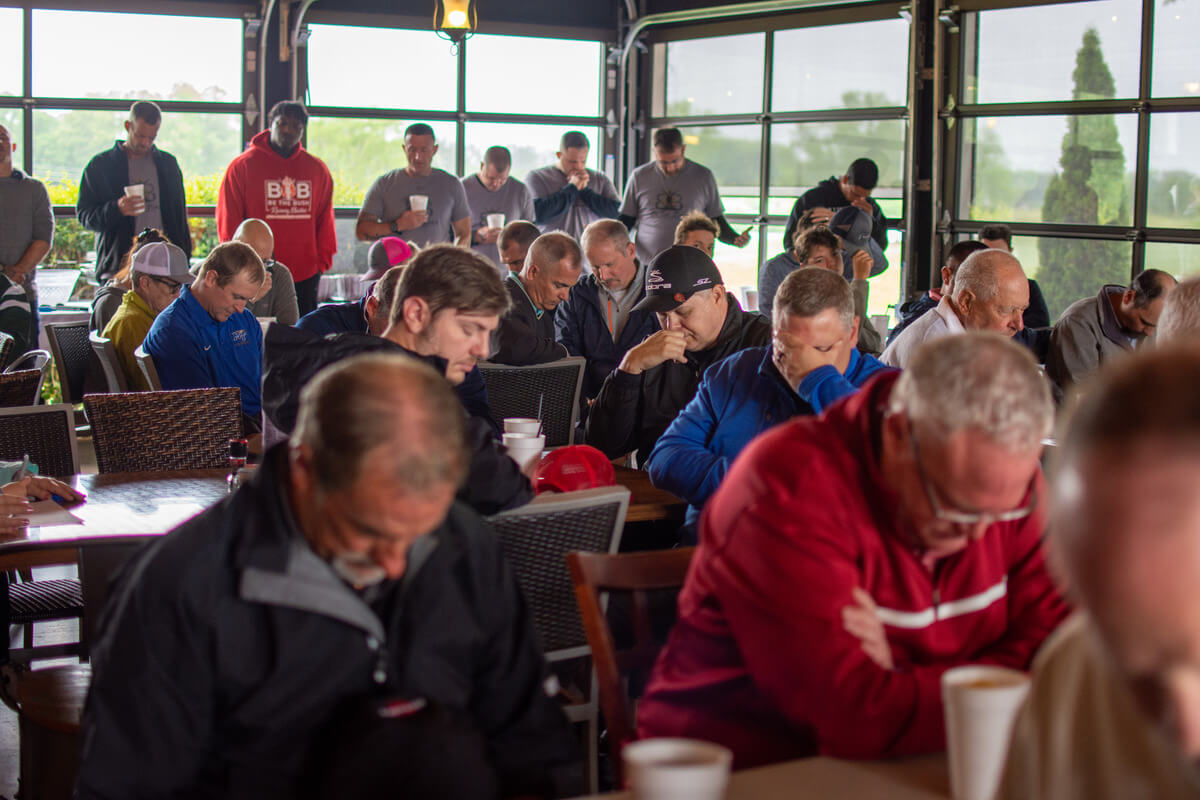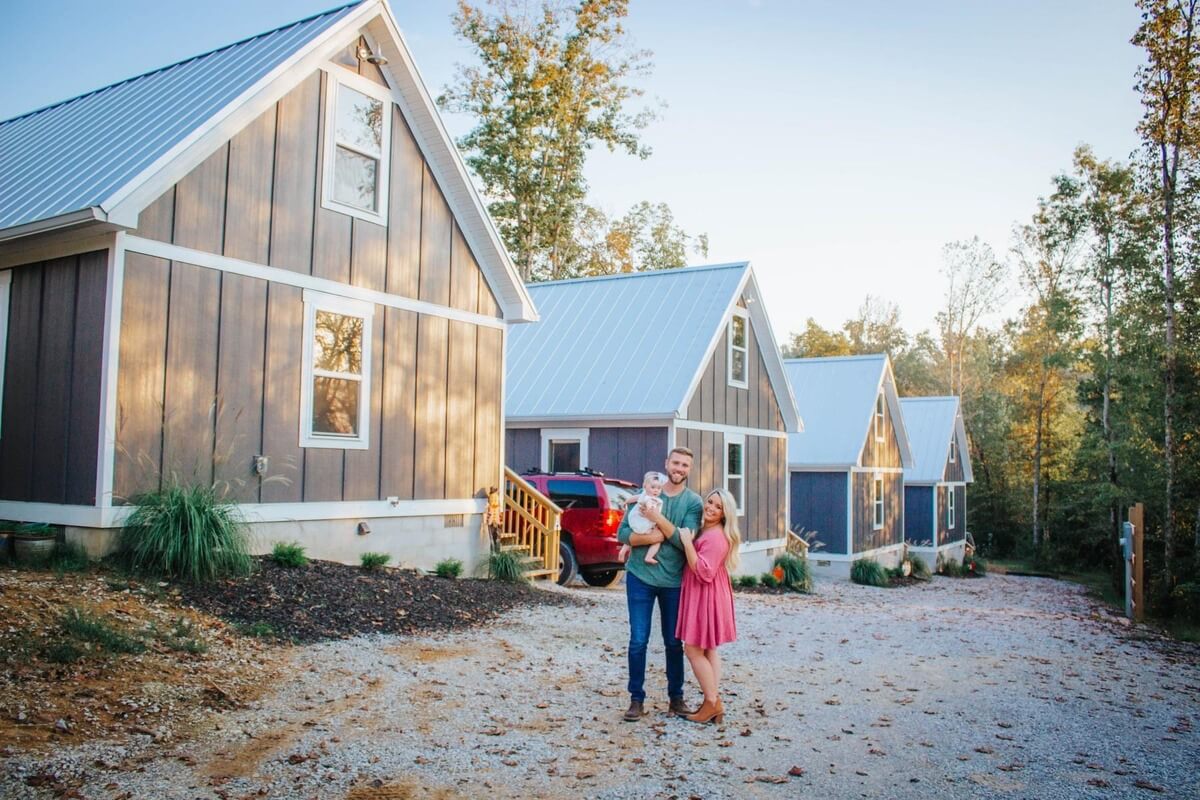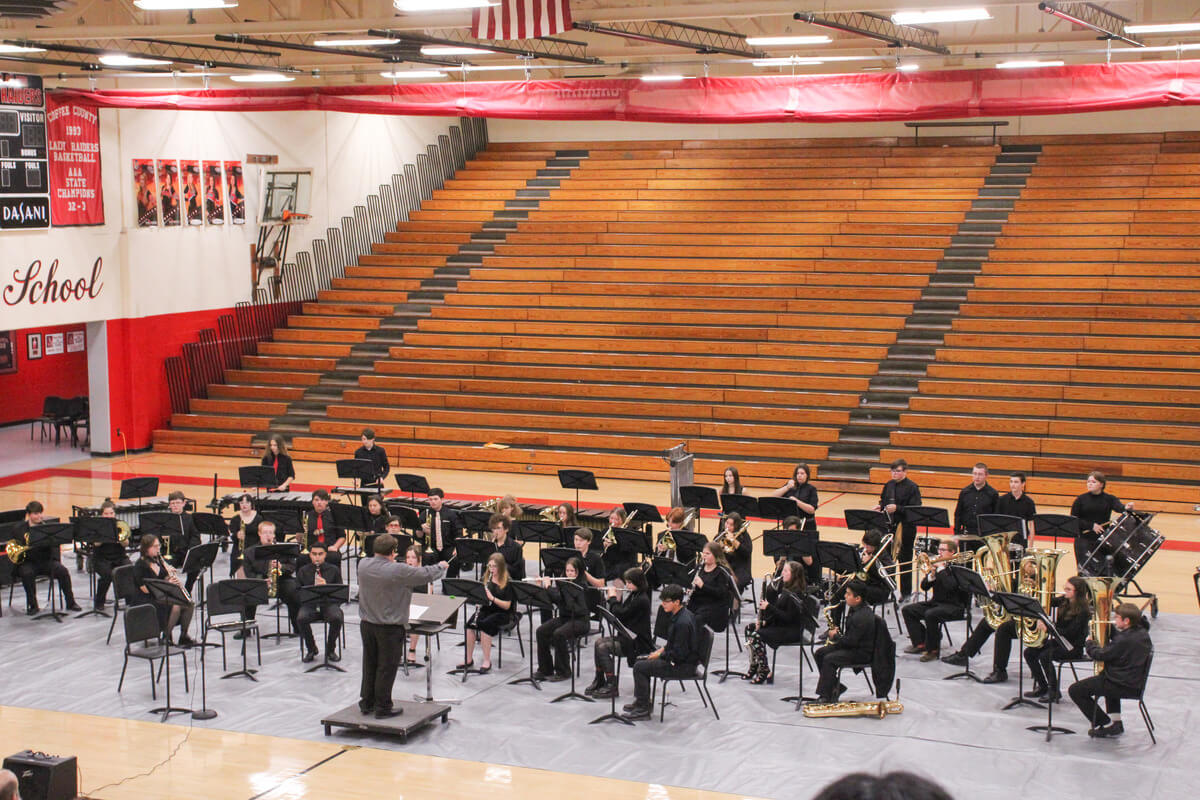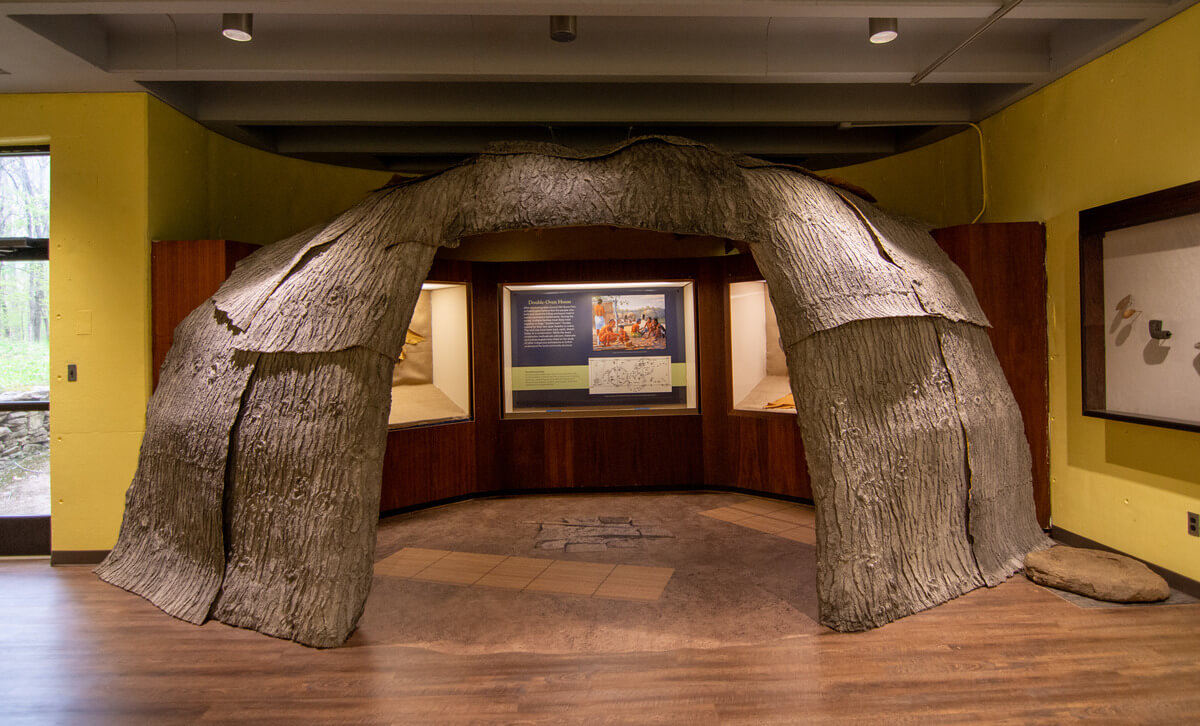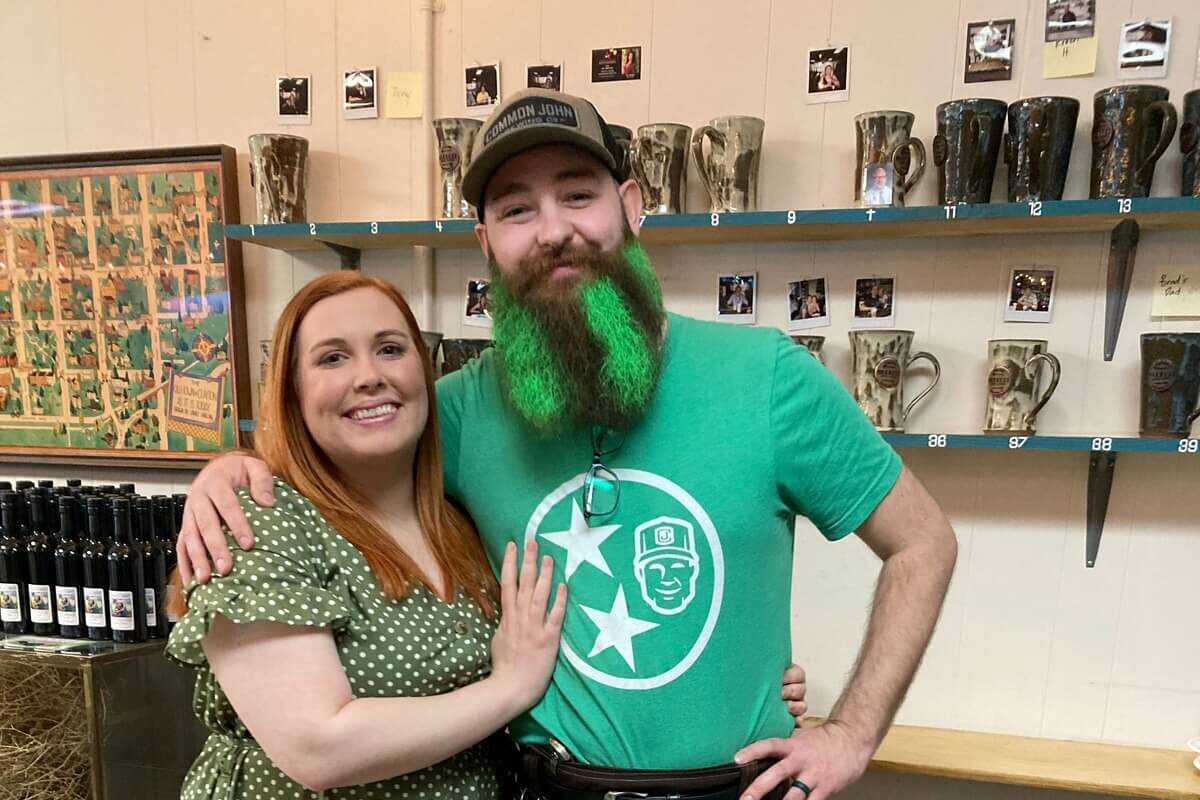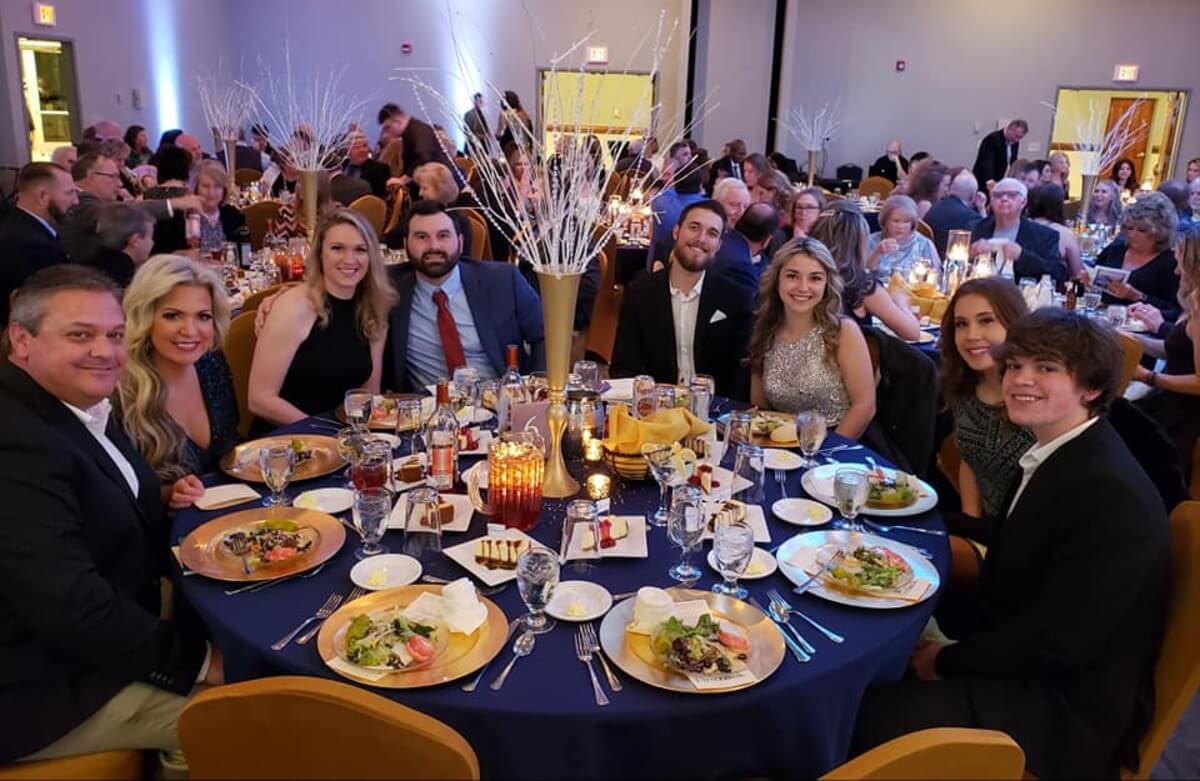“Dad, I purchased several beehives for you. They will be here next year in … March to be exact,” Levi Floyd expressed to his father, Terry Floyd.
Terry replied, “Son, no, I don’t want no bees around here.”
“Well, it’s too late. You’ll need to learn how to take care of them. I’ll show you how to set YouTube up,” Levi said.
Terry, healing from a liver transplant while suffering from depression, lounged in his beige, well-worn recliner day after day, only watching the news and occasionally remembering fond memories of coaching softball at Coffee County High School.
“I feel useless now, Teresa,” he told his wife. “I’m used to 20-something girls counting on me and 40-something parents calling me and needing help with something or another.”
It was Christmas of 2018. Bees were the furthest thing from Terry’s mind. However, his wife and son Levi planted a seed of curiosity. Terry’s interest didn’t spark right away.
At first, the videos from YouTube were background noise. But eventually, the hives, stories from other beekeepers, and the pace of a new daily routine became fun. Before long, curiosity turned into fascination, and he was spending eight hours a day studying bees.
“It gave me something to do, something to learn,” Terry described. “And I needed that. I needed a reason to get outside again, to belong to something living.”
Beekeeping was more like “bee-losing” during the first year.
“I lost both hives,” Terry laughed.
Instead of giving up, he tried again. By 2020, five hives turned into 20. What began as a reluctant project blossomed into a thriving reality — Arbee’s Apiary was born. Terry’s fascination with bees restored his sense of wonder. As he cared for the bees, he realized he felt more comfortable outside than he ever did in the recliner.
For Terry, the bees became more than a hobby; they became teachers. He still marvels at the queen bee’s cycle of laying thousands of eggs daily, the hive’s resilience, and the miraculous balance of God’s design. Bees pollinate countless vegetables, fruits, and nuts, making them essential for human nutrition. They are significant and directly impact economic value, contributing to crop growth and farmers’ livelihoods while providing healing properties through venom and honey production.
“My arthritis will go away for about a month after a sting,” Terry shared. “And scientists are even studying bee venom for breast cancer treatments. These little guys are healers, too.”
“If someone doesn’t believe in God, they should look at a beehive,” he said. “It’s proof of how everything is made to work together.”
A few of the coolest discoveries have been that worker bees live about 45 days in the summer and that queen bees lay 2,000 to 3,000 eggs daily. Another interesting fact is that if the queen bee dies, the worker bees will notice and choose a larva to become the new queen within 16 days.
Terry has found ways to manage the costs of beekeeping and advises anyone who is interested to keep the following in mind: “A basic hive of bees costs $125; however, equipment can run closer to $200 due to rising lumber prices. Equipment can be homemade; however, it is often more convenient to purchase premade. This hobby requires significant space, commitment, and recurring expenses if bees are lost. You’ll need to focus on the bees. They need a watchful, responsible eye in order to thrive,” said Terry.
Under the name Arbee’s Apiary — a nod to his father-in-law, Arbie Hillis — he now produces hundreds of pounds of honey each season. Local customers look forward to his Facebook posts announcing fresh batches, and annual events like Manchester’s Old Timers Day grant him the opportunity to share his products with pride.
“When somebody tastes the honey and says, ‘This is delicious,’ I throw my chest out and think, ‘That’s my bees,’” said Terry.
“Selling my honey, making beeswax chapstick, lotion, and candles have given me a second chance with purpose. I really love connecting with the community and sharing my craft.”
When not caring for the bees, Terry enjoys working, spending time with his family, and relaxing in a different comfortable chair.
“My wife and I decided to get rid of the beige recliner.”
Although it held so many good, comfortable moments, it also reminded them of the “sick season.” The new chair sits by the window, where sunlight pours in each morning. It’s become Terry’s quiet place where he reads scripture, sips coffee, and reflects on nature. Every day, he is reminded that healing isn’t just for the physical body every day.
“I’m so grateful for my family. Teresa, Nicole, and Levi can get me through anything. They knew a little kick to get going again. Also, who would have known that bees would keep me just as much as I keep them? I’ve been blessed big time!” GN
To learn more about Arbee’s Apiary, visit Terry’s Facebook page: https://m.facebook.com/terry.floyd.311/

